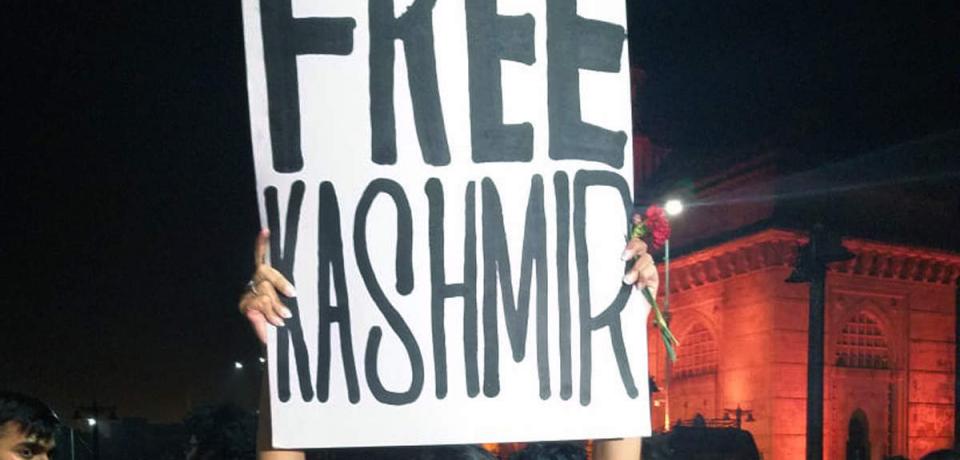
1. Once again, the ruling classes of India and Pakistan are on the brink of war. The Pulwama attack has given them both the occasion to beat the drums of war, and to engage in hostile actions against each-other. Already, dozens of lives have been lost.
2. It is difficult to overstate the risks of the present moment, with two nuclear powers facing of against each-other in the context of an unstable international political situation and the growth of right wing forces across the globe.
3. While millions of the poor do not even have acces to sufficient food, the far-right government of Narendra Modi whips up communal hatred to divert attention and rally its supporters. Modi has consciously escalated the tensions with Pakistan to rally support for his party in the name of Hindutva in the upcoming general election.
4. In Pakistan, the real power remains in the hands of the military for whom the perpetual threat of war means perpetual access to money and privileges. For them, war is business.
5. Both sides are playing with fire, thinking they can bring their countries to the edge of the catastrophe and profit from whipping up feelings of chauvinism and fear of the supposed enemy. While at the moment neither of them seems to want a full-scale war, history is full of wars started by the carelessness and stupidity of the ruling class.
6. Both sides have been manipulating groups in Kashmir and elsewhere to use them as proxies against each-other. Neither the ruling class of India nor that of Pakistan give a damn about the fate of the people of Kashmir: this confrontation is driven by their self-interest and chauvinism. It it is the oppressed Kashmiris who pay the price.
7. In Indian-occupied Kashmir, the people have risen in revolt against the deprivation and communal discrimination of BJP rule and are met with a massive military deployment of over 650,000 Indian troops and brutal violence. Soldiers are firing at protesters who are armed with nothing more than stones and treating all resistance as ’terrorism’.
8. On the other side of the border, the Pakstani state turns a blind eye to the activities of fundamentalist groups as long as it thinks they are attacking its enemies. The Pakistani secret service represses democratic freedoms, muzzling the press, engaging in kidnapping, torture and killing. Those fighting for independence become the target of the repressive violence of the state.
9. We condemn the cynical manipulations of the ruling classes on both sides, and call for freedom for the people of Kashmir. We support their struggle – on both sides of the border – to decide their their future themselves. Only a mass struggle that forges alliances with the social and democratic struggles of the peoples of India and Pakistan can bring freedom to Kashmir.
10. We condemn the attempts of communalist and sectarian forces to profit from the suffering of the people of Kashmir.
11. We are in solidarity with the democratic struggle of the people of Kashmir for their freedom and call for broad mobilizations against war, against repression and for self-determination for the people of Kashmir both across the sub-continent and internationally
Adopted unanimously by the International Committee of the Fourth International
Amsterdam
5 March 2019